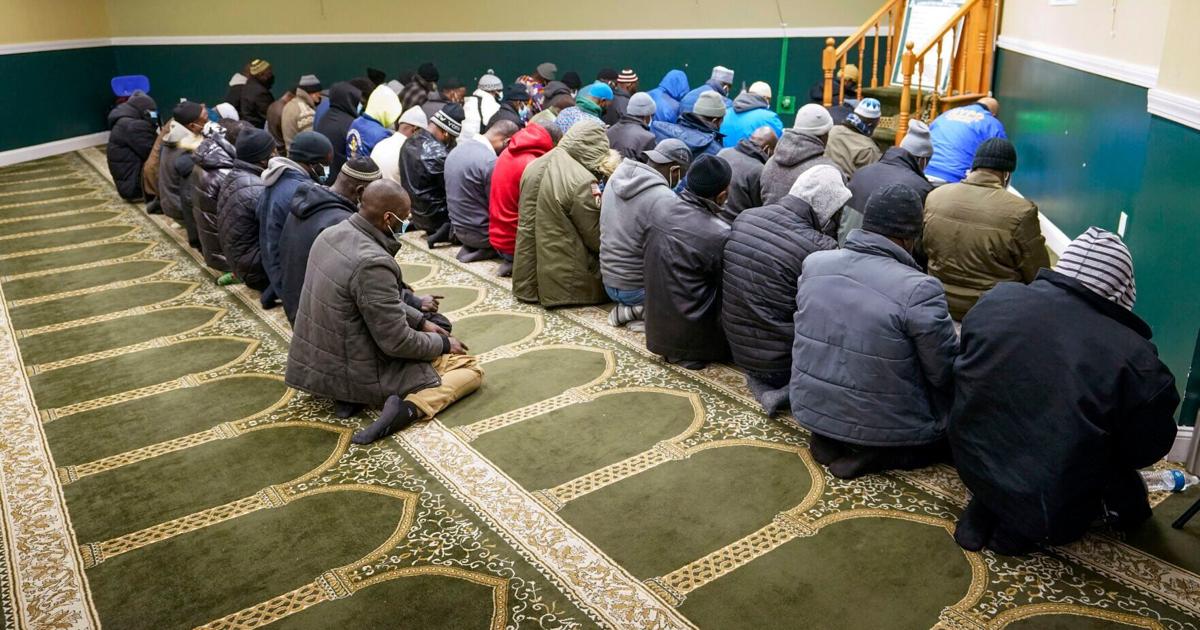
The Organization of Islamic Countries (OIC) see India as a great development partner while their economies are being diversified. The recent comprehensive Economic Partnership Agreement signed between the UAE and India is a resounding evidence of the same and it is just a beginning. There are other OIC countries to join hands with India in their journey to modernization and development.
The 48th session of the (OIC) is scheduled to take place in Islamabad during March 22-23. Pakistan has prepared a draft resolution for adoption in the OIC session, which is an effort to steer ahead its prejudice, propaganda and paranoi on Kashmir. The OIC counties know it very well that Kashmir is an Integral part of India and the dispute on a part of Kashmir is the product of historical dynamics, at most they see it as a bilateral dispute that does not need to be raised on a constructive forum like OIC, that too a highly biased and mischievous agenda on Kashmir by Pakistan.
Pakistan in its draft OIC resolution wants to thrust ahead its own biased and prejudiced agenda based on lies with regard to human and basic rights violation in Kashmir. In the last session, which focused on the issue of restoration of peace in Afghanistan, the Kashmir issue raked up by Pakistan was not entertained. Although, the countries like Saudi Arabia and UAE have remained much more conscious and aware about Pakistan’s narrow and prejudiced agenda, some countries like Turkey and Malaysia, have taken a view on Kashmir to cajole their own domestic constituencies, while they are facing people’s protest against their failure to avert either economic crises or deep rooted corruption or both. In the next OIC session, it is most likely that OIC members would focus on the agenda of peace, development and cooperation and Afghan issue rather than Kashmir as peddled Pakistan for its own narrow strategic design.
The OIC countries would not do anything to jeopardize their longstanding ties with an emerging global economic power and political power like India. The reason for warm and deep ties between the OIC countries and India is a shared history, culture and trade ties. This closeness comes in the way of those countries which want to use the OIC platform for their own narrow agenda rooted in propaganda rather than truth. OIC group has matured overtime and while it is traditionally sensitive to its Islamic identity, it is increasingly factoring in the geopolitical dynamics and their own development needs in their foreign policy. It is for this reason that OIC has never entertained Pakistan’s falsehood on Kashmir and frequent efforts to raise the issue in their forum.
India has the second largest population of Muslims who enjoy equal constitutional and human rights with the majority Hindus and other faiths. It is pointless on the part of Pakistan to pose as a self-designated leader of Islamic faith. The past and present of India eloquently show that Islamic faith and Muslim community in India is deeply assilimilated in social, economic and political processes which are guided by the rule of the law and not military or autocratic commands. Muslims in India have successfully marked their great presence from cricket, cinema, and academia to civil services judiciary, polity and government. The facts are contrary to the story that Pakistan tries to depict about Kashmir. Today Kashmir has became one of the main theatres of infrastructure projects including new quality education and health infrastructure. The Armed forces and Kashmir police have adopted a community based approach by engaging people in development and security processes. Human rights and opportunities are granted by the India constitution to the people of Kashmir and if it is violated, for whatsoever reason, a largely free media and non-partisan judiciary makes a point to ensure compliance.
In view of the above, OIC countries are likely to be cautious and pragmatic on inclusion of Kashmir in their resolution. India is way ahead in modernization and democracy and its human rights are not decided by “rulers” but by the “majestic constitution” of the country and unfailing “rule of the law”.






